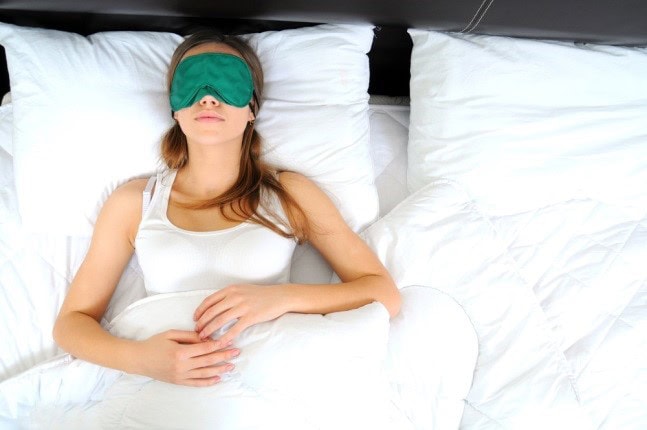We all know adequate sleep has a massive impact on how we feel on a day to day basis, benefitting the body in many areas, such as heart, weight, mind and, of course, fatigue.
It is also no secret that chiropractors work with postural correction, but what about your sleep posture? Commonly those with a poor bedtime posture wake in the morning with increased back and neck pain, muscle soreness and headaches. We spend over a third of our lives asleep making our sleep posture just as crucial as our waking posture.
So which posture is best?
1. It is recommended to sleep on your back, as difficult as it may be at first. Allowing your head, neck and spine to be in a neutral position which reduces stress throughout the body. If you are suffering from low back pain, this position with a pillow under the knees is suggested. However this position is not recommended for sleep apnea sufferers.
2. The next best is on your side, with straight legs. This stretches out the spinal canal, reduced restriction. Contour pillows are best in this posture, fitting nicely between shoulder and neck, decreasing neck pain and snoring. This is ideal for sleep apnea.
3. Although the most common, the foetal position is far from the best. The knees are bent and the torso rounded. If you are hunched forward too tightly with high knees and chin to chest, you will quite often wake feeling stiff throughout the spine, tight in the muscles – especially the pecs and diaphragm, all while rotating your pelvis. It is difficult to change sleeping habits, but straightening out in this position can make a huge difference. A pillow between the knees, keeps the hips and knees level. While keeping the chin relaxed aids in elongating the spine from the neck down.
4. Lastly, stomach sleepers. This is the least beneficial position to snooze in. The lumbar curve is increased when we are on our stomachs adding extra pressure to our low back and pelvis. Not only this, your neck is rotated fully to one side or the other to allow you to breath, increasing the chance of restriction and tension in the cervical spine. If this is your go to position, try sleeping with a pillow under your stomach to support your lumbar spine and reduce the lordosis. Resting your forehead on the edge of a pillow, allows you to look down and breath, keeping your airways decompressed and your neck rotation free.
If you have any questions on how to improve your sleep posture or how it may be affecting you, don’t hesitate to ask your chiropractor.
References:
1. https://www.sleepfoundation.org/articles/how-much-sleep-do-we-really-need
2. https://www.chiro.org.au/sleep-for-your-spine/





